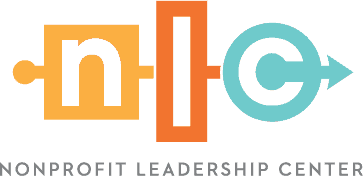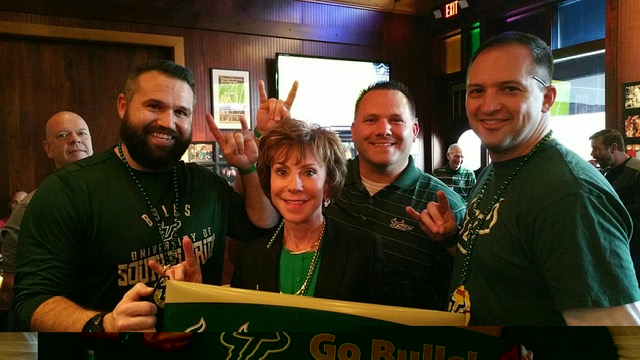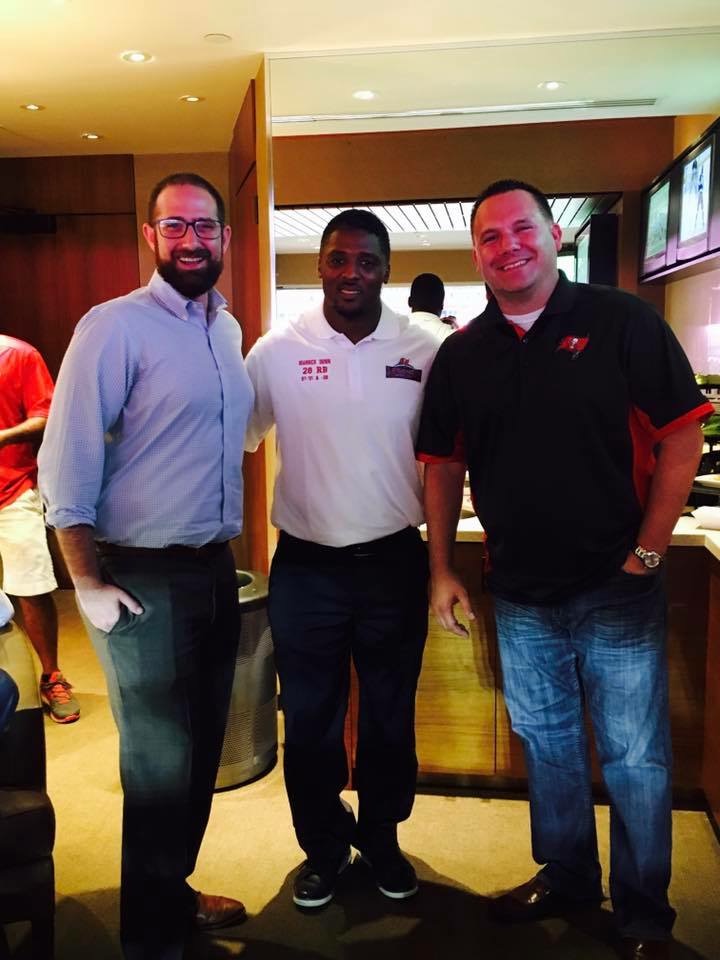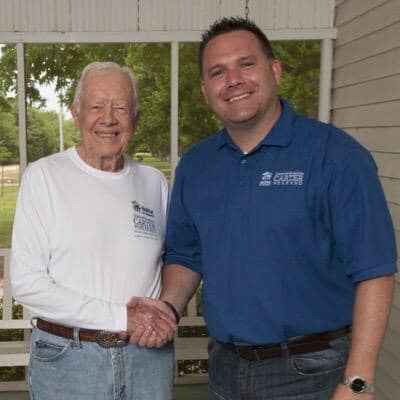At the Nonprofit Leadership Center, we believe the best lessons in nonprofit leadership come from nonprofit leaders themselves. Our 10 Questions With Series celebrates and elevates nonprofit and business leaders across the Tampa Bay region each month who are making an enduring impact on our communities. Today, we’re pleased to introduce you to Mike Sutton, CFRE, president and CEO of Habitat for Humanity of Pinellas and West Pasco Counties.
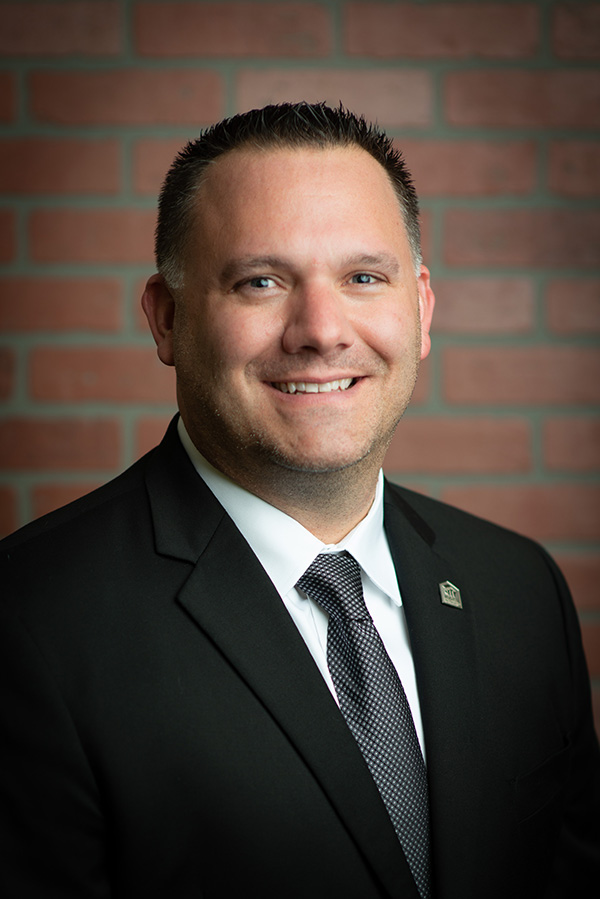
Mike has led Habitat for Humanity of Pinellas and West Pasco Counties since March 2014, partnering with people in need to build and renovate decent, affordable housing. Since becoming CEO, he has helped his affiliate become the second-largest in the U.S. based on new home construction out of more than 1,300 affiliates, double the number of families served and increase revenue from $6 to $19 million. Prior to his current role, Mike spent time as the executive vice president and chief development officer at Big Brothers Big Sisters of Pinellas County, director of development for Habitat for Humanity in Bryan/College Station, Texas, and has experience working for the YMCA. Mike is a Certified Fund Raising Executive (CFRE) and a University of South Florida graduate.
Here’s what Mike had to share about the power of community partnerships, lessons learned from overseeing a nonprofit merger and what he has been collecting since he was a kid.
Q1. As the CEO of Habitat for Humanity of Pinellas and West Pasco Counties, tell us a little bit about your organization and what drew you to serve this nonprofit.
Mike: Habitat for Humanity partners with low-income individuals and families to provide affordable housing solutions. Homeowners purchase the home from Habitat with a zero-interest mortgage, after completing 350 to 450 sweat equity hours building Habitat homes and their own home and 20 homebuyer education classes. The program provides them the opportunity to build generational wealth while breaking the cycle of poverty.
I’ve worked for Habitat for more than 11 years (more than five years in Pinellas and West Pasco and another five in Texas). The fact the program is a true “hand up, not a hand out” is so appealing. The homeowners we partner with keep me coming back day after day.
Q2: You’ve experienced significant organizational growth since becoming CEO. What do you believe has most contributed to your success that other nonprofit leaders could benefit from knowing?
Mike: When I was hired, our board of directors was clear with me on two things: Serve more families and build long-term sustainability. The four-year strategic plan we developed kept us laser-focused on these priorities. It continues to be at the forefront of every decision we make. The deeper and wider we go in our service area, the deeper the impact we will have.
The other factor I believe was critical is the team we’ve developed. This has come with lots of struggles along the way, but I truly feel we have the best team in place at Habitat. Our executive team is amazing; they work hard, and are here for one reason and that’s to serve more families.
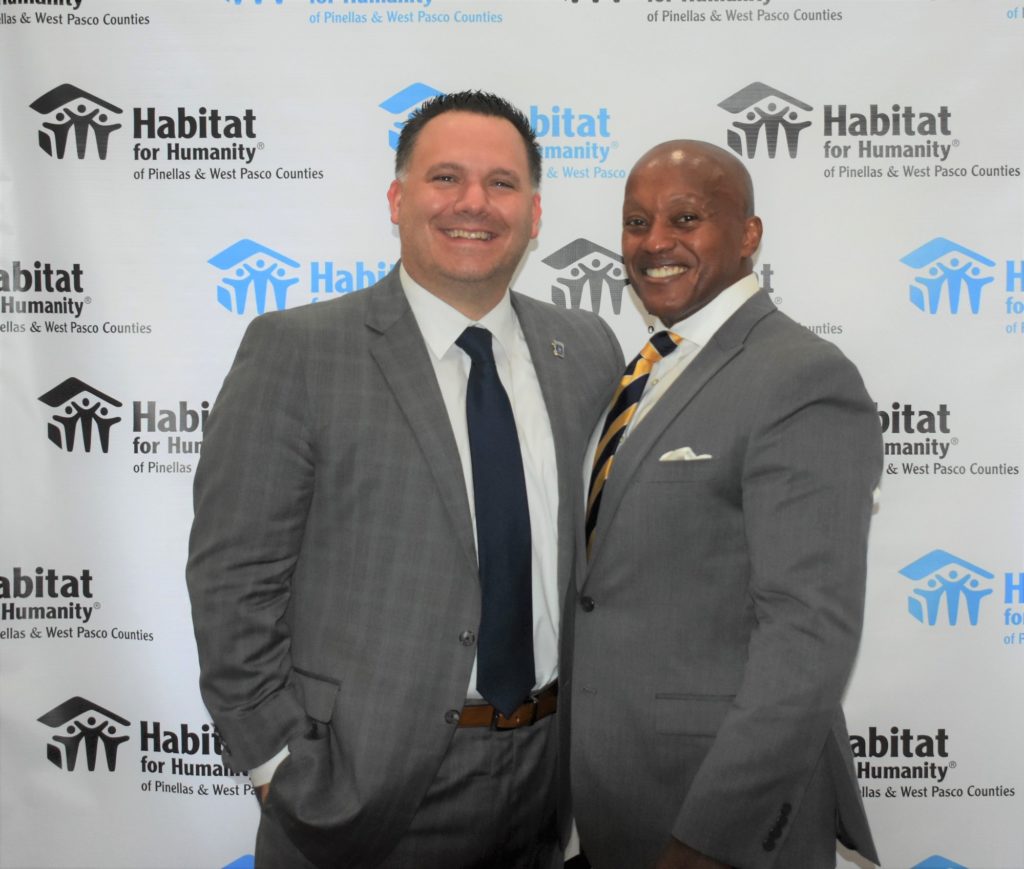
Q3. Your organization went through a merger in 2019, combining two Habitat for Humanity offices into one brand. What were the biggest lessons you learned from this merger? What issues or questions should nonprofit leaders think about when considering a merger with another nonprofit?
Mike: The merger has been a great step toward a regional approach for Habitat for Humanity. It also provides a huge resource in Pasco County that was lacking. Looking back at what we learned, I think we rushed the process a bit because the leadership was changing. If I could go back in time, I would have slowed the process down and ensured we did more due diligence, just so we knew of any unknowns in advance.
I also was honored to lead a second merger last year, as the Board Chairman of the Clearwater Regional Chamber. The number one driver behind both mergers was around the impact and outcomes on the clients. We moved egos and history out of the way and stayed focused on the goal.
Q4. Community partnerships are critical to our sector’s success. You’ve experienced significant growth in community partnerships between Habitat and the business sector in recent years. What have you found to be the most effective strategies to deepen engagement with corporate and/or community partners?
Mike: Habitat is just one solution to the affordable housing crisis. History shows that Habitat in most markets tries to do it alone. We’ve focused on being a part of the discussion and having a place at the table. We’ve also focused on impact and solutions, not just talk. We hold our organization to a high standard and expect the community to also hold us to a high standard. Collaboration has been key and we are proud to work alongside the business and nonprofit sectors to advance our community.
Q5. What’s the most important piece of advice you’d give to new professionals or emerging leaders today?
Mike: Actions speak louder than words, and performance does not need to speak at all. High performance and dedication will advance your career, so find something you are passionate about and that drives you to be better each day. Be sure to surround yourself with people who lift you up and make you better. Without mentors, you will only grow so much.
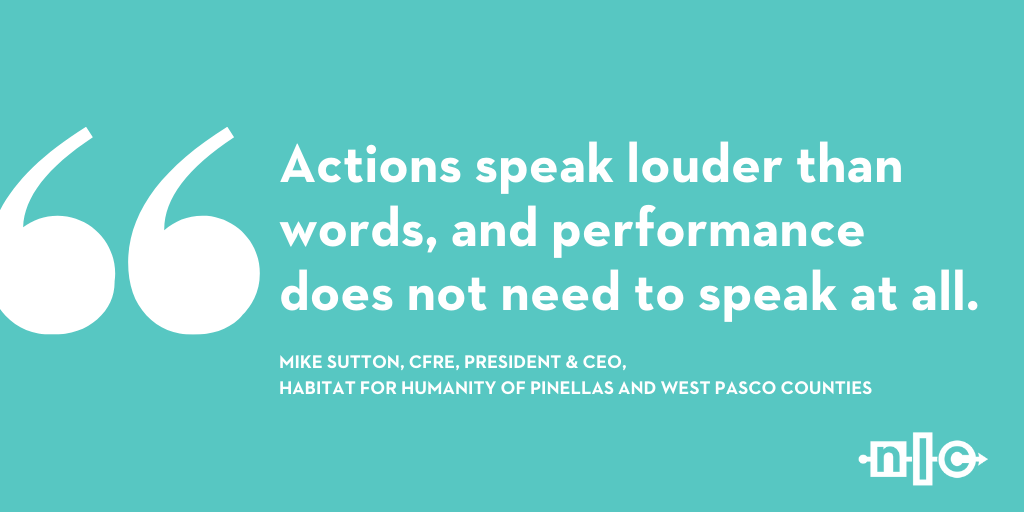
Q6. Last year, you participated in NLC’s sustainability cohort, which is a small group learning environment where 10 nonprofit organizations worked together to strengthen their strategic decision-making models by aligning impact and profitability. Tell us about your experience and how you and your team are thinking differently about planning as a result.
Mike: The cohort will no doubt impact the future of Habitat for Humanity. The information we’ve learned about our organization has already impacted our business model and approach toward the future. We plan to use the matrix map and information gathered to develop our next strategic plan.
Q7. What’s the best book on leadership or professional development you’ve read that you think every nonprofit leader should read?
Mike: I’d recommend three:
- “Winning with People” by John Maxwell
- “5 Dysfunctions of a Team” by Patrick Lincioni
- “What Got You Here Will Not Get You There” by Marshall Goldsmith
Q8. What’s the best movie or show you’ve watched recently?
Mike: Homeland! I watched all seven seasons in just a few months. I became a bit obsessed!
Q9. Finish this sentence: If I wasn’t the CEO of Habitat for Humanity of Pinellas and West Pasco Counties, I would be ________________.
Mike: A federal agent.
Q10. What’s something interesting about you that most people don’t know?
Mike: I have a huge baseball collection. Something that started as my father and I collecting autographs when I was a kid has resulted in more than 400 autographed baseballs. Now, I just focus on Hall of Famers, but each one has a unique story.
Would you or someone you know be a great leader to profile for an upcoming 10 Questions With Series article? Email us at info@nlctb.org with your recommendations.
READ NEXT: 10 Questions with Patricia J. Langford, CEO of Dawning Family Services
Sign up for our weekly e-newsletter to get more great advice from nonprofit leaders, along with the latest tips, tools and trainings for nonprofits.
